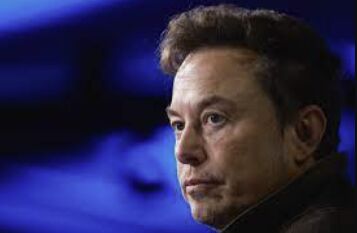Elon Musk Takes On Swedish Union Model: Tesla CEO Calls Ongoing Strikes 'Insane'!
Elon Musk criticizes ongoing strikes at Tesla facilities in Sweden, calling them "insane." The strikes led by IF Metall aim to secure collective bargaining rights and preserve Sweden's union model.
Elon Musk, the CEO of Tesla, has expressed his disapproval of the ongoing strikes at Tesla facilities in Sweden. The strikes, led by the influential trade union IF Metall, are aimed at securing collective bargaining rights for workers and preserving Sweden's union model. The strike has been ongoing for five weeks and has attracted support from other unions and industries in Sweden.
Musk took to social media to call the strikes "insane," particularly criticizing the secondary strikes by Swedish postal services that are preventing license plates from reaching new Tesla cars. IF Metall has vowed to continue the strikes until Tesla agrees to sign a collective agreement. Collective agreements, which cover various aspects of labor conditions, are a crucial part of Sweden's labor market model and are seen as a way for unions and employers to regulate the labor market rather than the state. Despite a decline in union membership in Sweden, the majority of employees still benefit from collective arrangements. The strikes at Tesla have also sparked sympathy action from unions in neighboring Norway.
The strike is not only seen as a fight for Tesla workers' rights but also as a means to protect the Swedish union model from global labor practices. The strike has gained widespread support from various industries, including transport, harbor workers, electricians, and service workers who have refused to work on Tesla-related tasks. The strike has also influenced other businesses in Sweden, with the global payment firm Klarna signing a collective agreement after the strike at Tesla began.
Experts believe that the outcome of the strike will have implications for other international companies operating in Sweden and may prompt conversations about collective agreements at other companies, such as Spotify. The strike is viewed as a battle to defend the Scandinavian model against the American one, drawing comparisons to previous strikes in 1995 at Toys R Us, which resulted in union victories.




